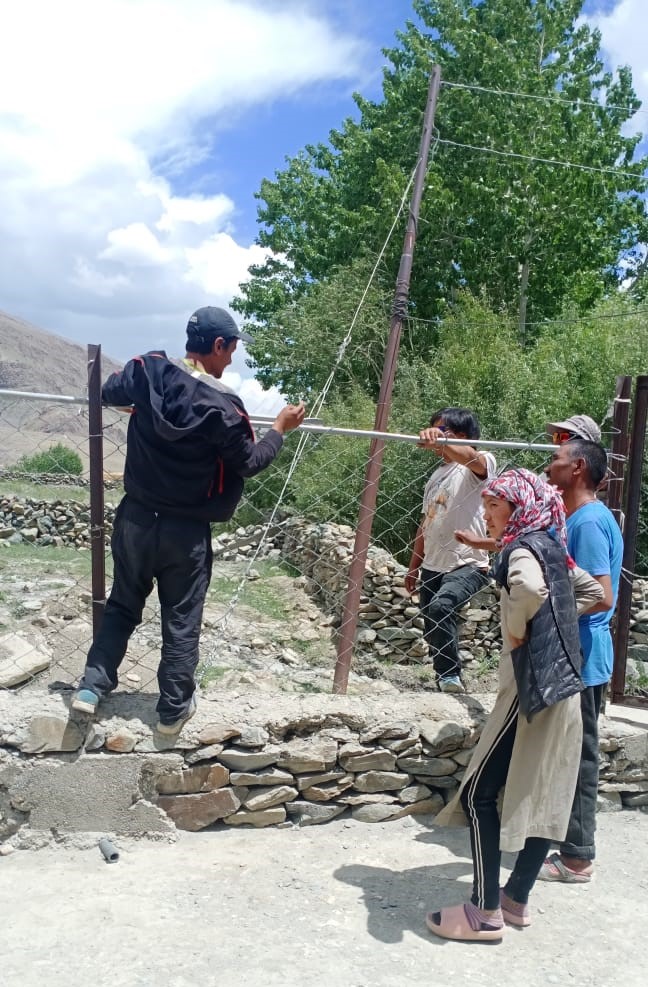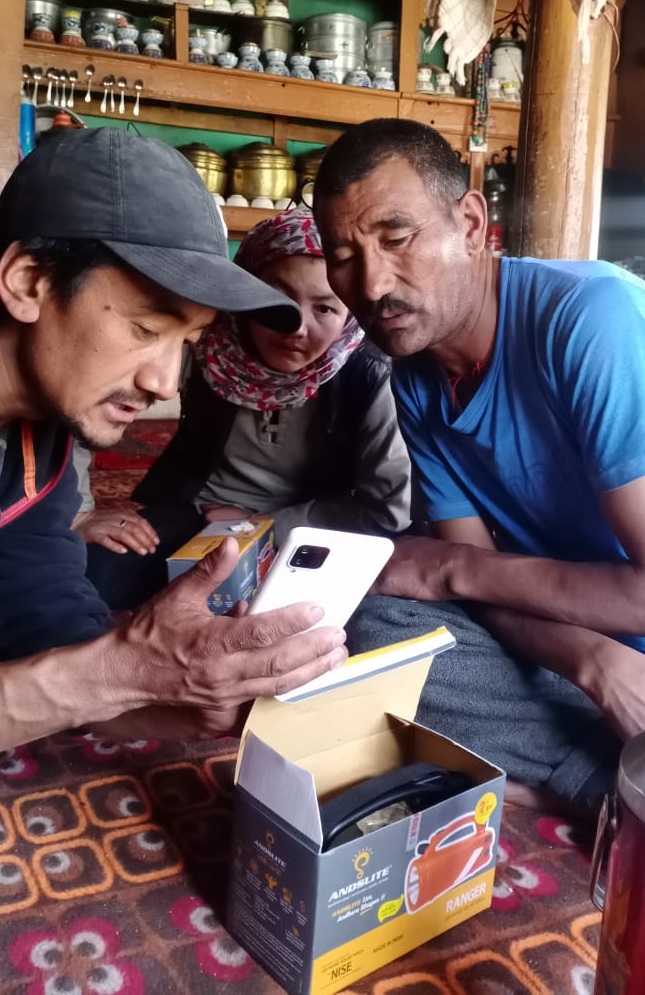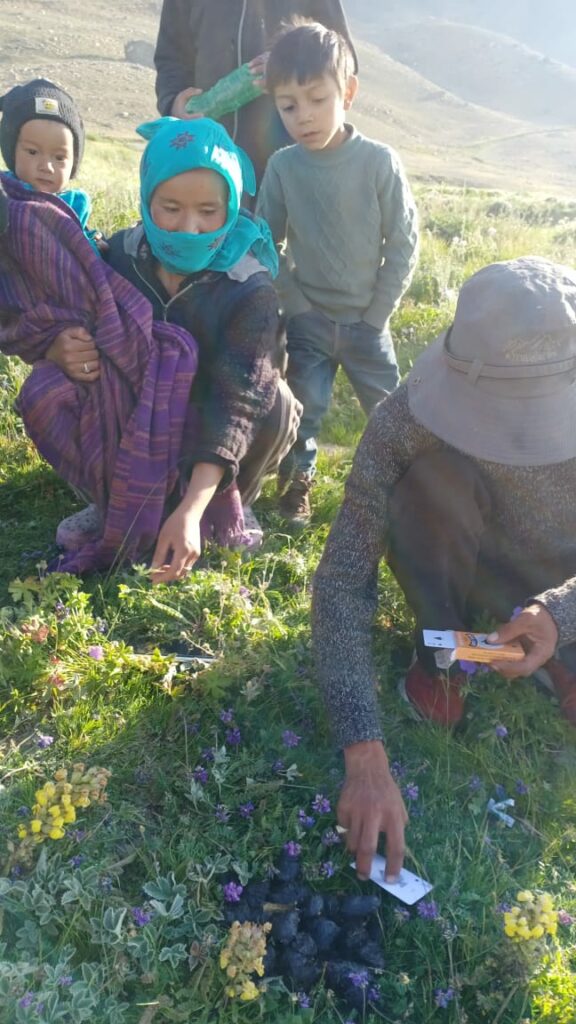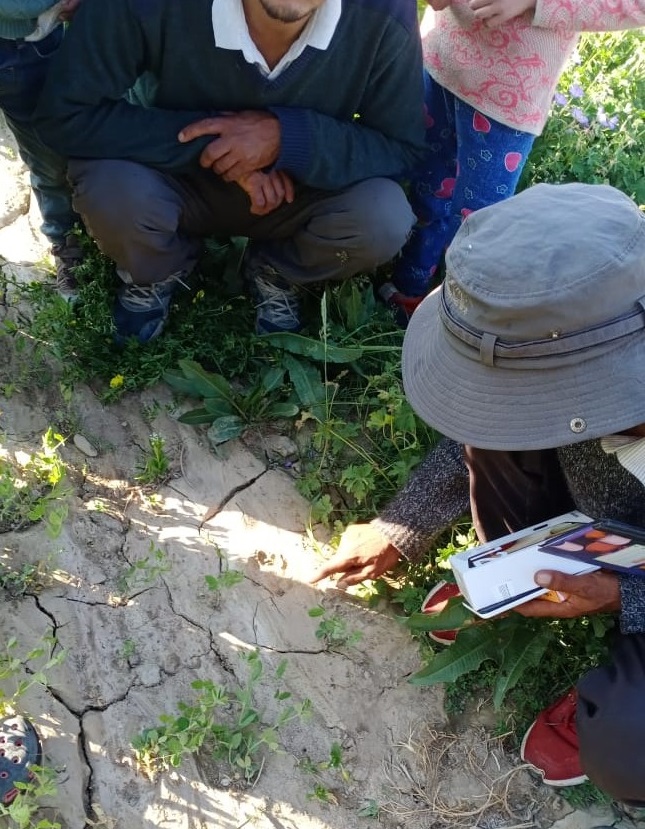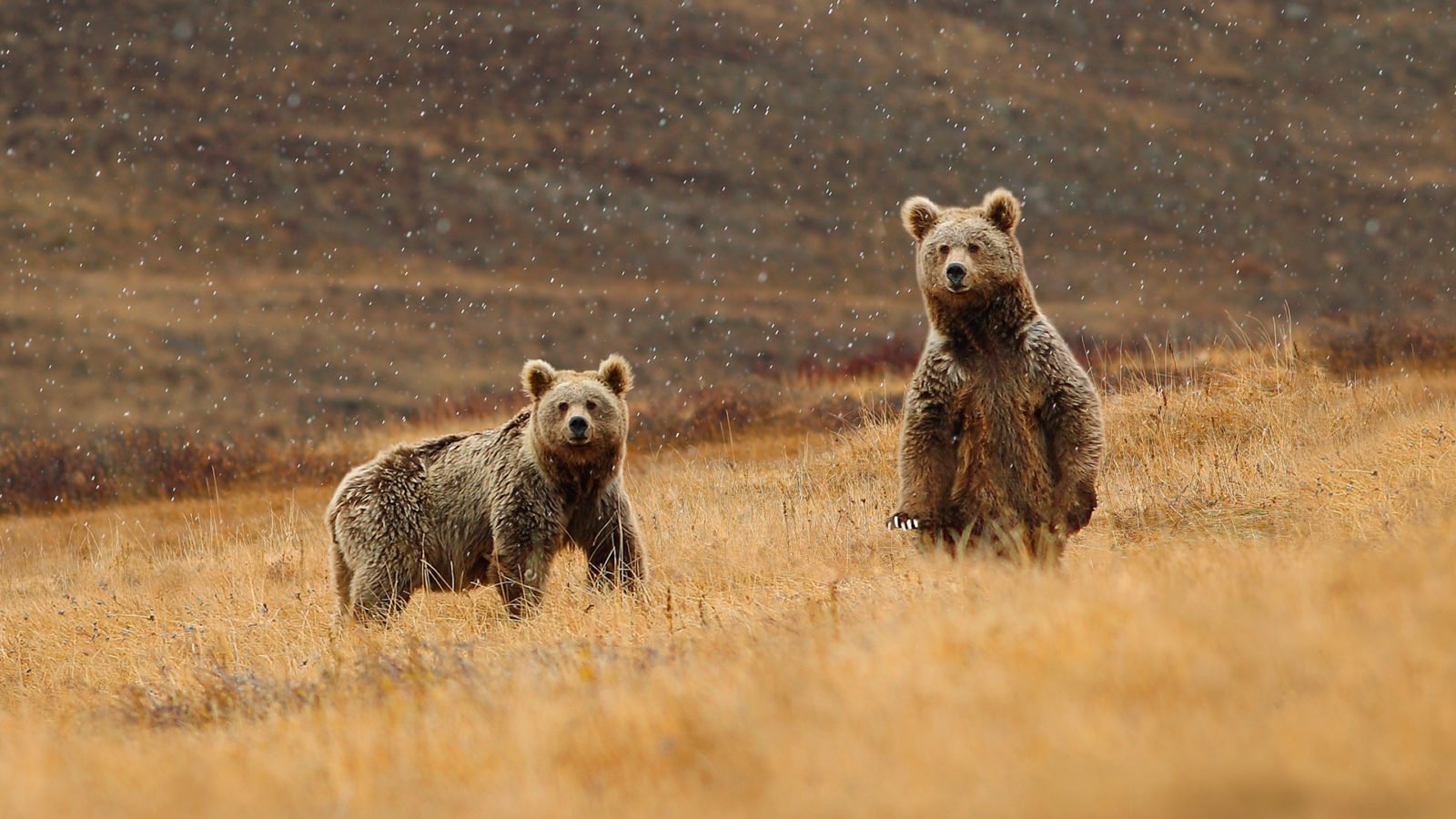The target species for this project, the Himalayan brown bear (Ursus arctos isabellinus) (HBB) is also the cause of escalating conflicts with humans in the Trans-Himalayan part (Ladkah) of their range in Indian Himalaya. They depredate on livestock, damage crops, and often enter villages for food. The magnitude of livestock depredation ranged from 0.6% in Kashmir to 10-40% in Ladakh. In recent years (2016-2017), HBBs were responsible for >70% of total livestock loss to carnivores in Kargil, Ladakh. The reasons for this spike in HBB depredation on livestock is unknown. These negative interactions not only dent the local livelihood and economies, but also generate an overall resentful attitude towards the species, which sometimes manifests in retaliatory killing of bears, as reported in one such incidence in the Drass region of Ladakh, where a sub-adult bear was stone-pelted and cornered to a cliff face, ending in a fall and death of that bear.
Effective measures for conflict avoidance and resolution must include social factors, including community education and stewardship. Education and awareness building programs are one of the prescribed activities in community-targeted actions for conflict management, as suggested by the IUCN’s Bear Specialist Group’s Human-bear Conflict Expert Team. These activities help in sensitizing people to know more about their surroundings including bear ecology, develop critical thinking by increasing their knowledge, and may help in changing their attitude and behaviour. Animosity to wildlife has been shown to dilute when people are made aware of the actions to avoid and tackle wildlife-conflict situations.
The specific objectives of this project, funded by Bears in Mind since 2021 and implemented by the Snow Leopard Conservancy – India Trust, are:
- Community education to motivate sustainable use of alpine pastures and medicinal plant collection through engaging activities inspired and designed by using game theory.
- Building dedicated stewardship of local communities for human-bear conflict avoidance and mitigation by inspiring volunteer citizens from local communities to be the ‘Bear Guardians’.

